Understand Importance of Diet for Lactating Women in India
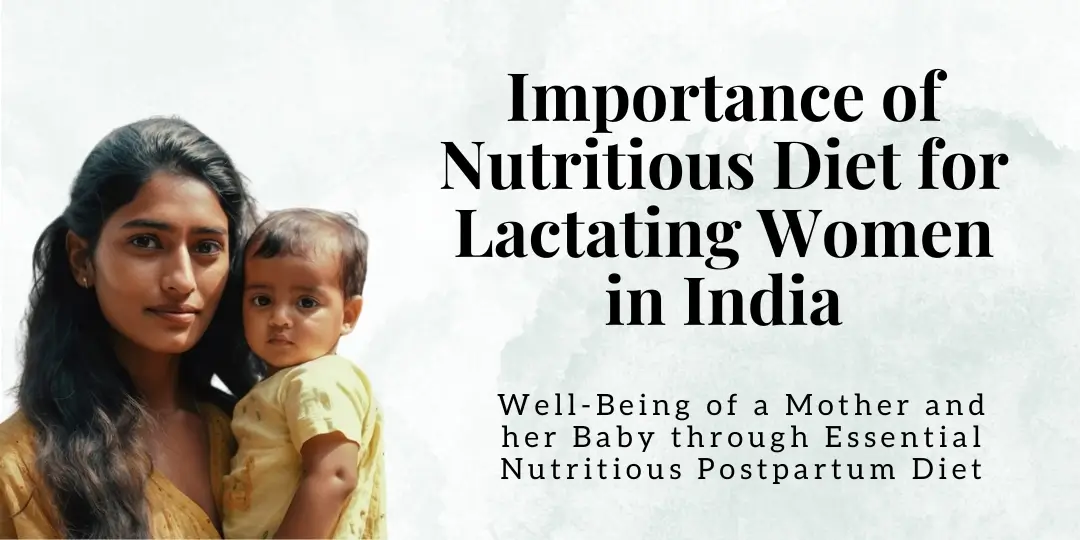
Lactating women have special needs while they are breastfeeding their newborns. As much as the importance or focus is on the newborn, lactating women do require the same treatment, at least for the first 6 months after childbirth until the baby can start eating solid foods.
It is important that a breastfeeding mother eats a variety of foods every day to maintain the good health of herself and her newborn. The nutrients in the milk come from the stored energy, proteins, fats, vitamins, minerals, and other nutrients in the mother’s body; thus, this increases the demand for the same in a breastfeeding mother. In India, the postpartum diet holds a significant nutritional importance, as in India, majority of women have extended lactation sessions. These extended sessions can be of upto 2 years for Indian mothers.
Lactating women who do not get enough nutrients to replenish the stored nutrients, are at risk of depleting their maternal health, impacting both the mother and the baby. Therefore it becomes vital to understand the importance of certain foods that can enhance the lactation and provide the essential nutrients for Indian mothers and support the growth of the newborn. In this blog, we will try to understand the importance of diet for lactating women, the challenges faced during lactation regarding nutrition, food to increase breast milk, and also the best foods for lactating Indian mothers.
Why a Nutritious Postpartum Diet Matters for Lactating Women?
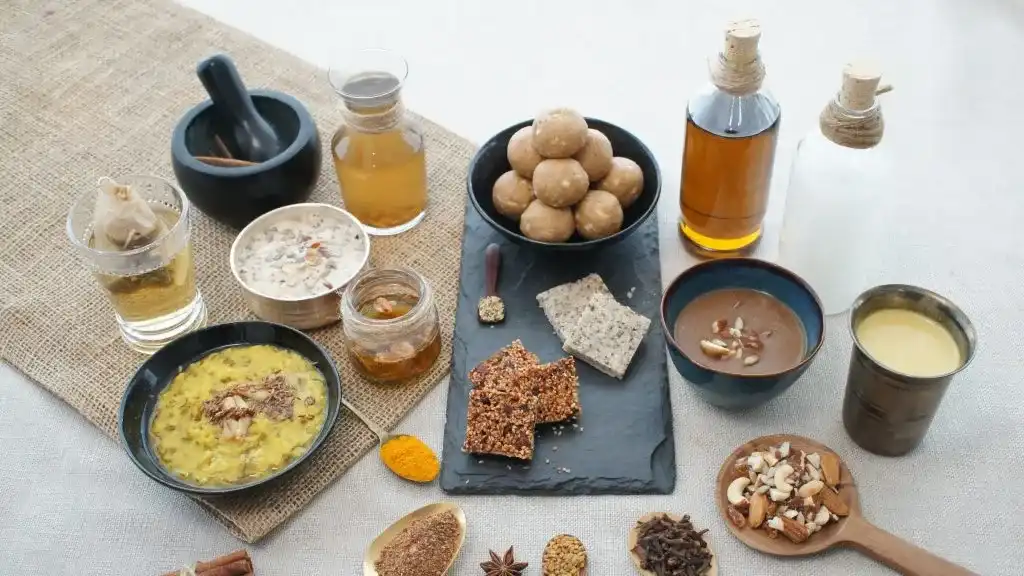
As said, the milk comes from the stored nutrients in a mother’s body and in producing so, a lot of energy is consumed by the body. This increases the requirement for calories intake, vitamins, minerals and other nutrients to support milk production and the overall well-being of mother and her baby. A mother may require upto 400 calories in addition per day to feed her baby and in the case of twins this may increase a bit. However, the best food for lactating Indian mothers should be rich in many nutrients like healthy proteins, iron, calcium, magnesium, vitamin A, B and D, omega-3, dietary fiber etc. Before it, lets understand what lactation is?
What is Lactation?
In simple terms, lactation is a process in itself. It is a process where a lot of hormones are involved in producing the milk and its secretion from the mammary glands of a mother. According to byjus.com – “Lactation is the process of milk secretion from the mammary glands of a female after childbirth.” This is a natural biological process and is essential for the baby’s nutrition and growth. The hormones that are responsible for the lactation process are estrogen, placental, lactogenic, progesterone, prolactin and oxytocin.
The first milk or the early milk that is produced in lactation is called colostrum and this milk is quite beneficial for a newborn as this helps in boosting the immunity of the newborn. Another benefit of colostrum milk for the baby is that it aids in preventing food allergies. However, some mothers may have difficulty with lactation due to hormonal imbalance which can be treated through medication from a professional healthcare advisor.
Importance of Nutritious Diet for Lactating Women
Well, it is not just us who says this, but you must have heard the same from your parents, grandparents and healthcare professionals that good nutrition during lactation for a lactating woman is vital for the mother and the baby. For mothers, a balanced postpartum diet helps maintain crucial energy levels, supports the immune system, helps in rejuvenating depleting vitamins and minerals from the body, aids in improving the quantity and quality of the milk and much more. On the other hand, the quality of breastmilk directly depends on the mother’s diet, providing essential nutrients needed for the immunity, muscle building, growth and development.
Until a baby is able to get some solid food or, let’s say cereal or baby food, the little one is completely dependent on mother’s milk and for this milk to be nutritious, it becomes crucial that a mother receives a proper healthy postpartum diet during the postpartum stage. Also, for breastfeeding mothers, a nutritious diet helps in providing relief from body aches, helps in rejuvenating the lost nutrients, energy, strength, immunity, digestive issues, etc.
Equisential, which is a homegrown brand of India, is into providing nutritious snacks in the form of traditional Indian laddus for lactating mothers in India. The postpartum laddus by Equisential are made of natural ingredients and can be an essential part of your postpartum diet plan for your overall well-being.
So, the importance of a postpartum diet for lactating women in India are:
- First and foremost, it improves the quality and quantity of the milk supply, hence supporting your lactation.
- It improves the speed of your recovery from childbirth by fulfilling the body’s nutritional requirements.
- Boost immunity, which may have been depleted post childbirth.
- Rejuvenates lactating women with essential vitamins and minerals.
- It may help in resolving issues related to the digestive system.
- A nutritious postpartum diet may help in managing postpartum stress by making your mood better.
Some Important Nutrients for Lactating Women
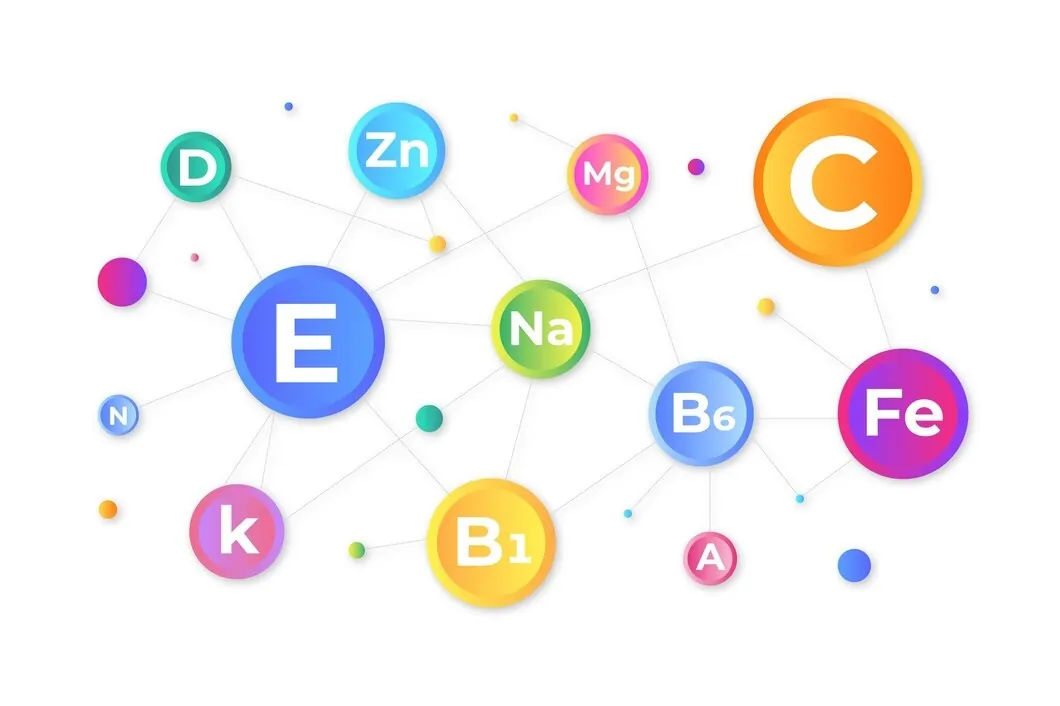
A lactating woman diet may include a variety of items that are nutritionally beneficial and also the richness of nutrients from these food items may aid in boosting lactation too. Some of the essential nutrients in diet for breastfeeding mothers are :
- Carbohydrates
- Proteins
- Vitamins like vitamin A, B-complexes, D, K etc.
- Iron
- Calcium
- Other minerals like magnesium, zinc, phosphorus etc.
- Amino Acids
- Folate
- Dietary fiber etc.
Some important Indian food to increase breast milk that a lactating women can have in her postpartum stage are :
- Dana Methi Seeds (Fenugreek Seeds) are quite popular in India due to its ayurvedic lactation boosting properties. It also helps in controlling the sugar content inside the body and also improves digestion.
- Edible Gum (Gond/Gondh) is another ingredient that is quite popular and is used in the diets of new mothers. This helps in providing the strength and energy to the body which is lost during childbirth.
- Ajwain (Carrom Seeds) and Sonth (Dry Ginger) are also widely used in the diet for new moms as both of these are an excellent source of providing relief from cold & cough and also help in easing the aches of the body. It also does improve the digestion.
- Nuts and seeds like almonds, walnuts, cashews, flax seeds, sesame seeds, etc. are packed with essential fatty acids and proteins.
- Multigrains and wholegrains like ragi, jo, jowar, brown rice, etc are rich sources of protein, iron, dietary fiber and sustained energy levels.
- Pulses and legumes are an excellent source of proteins.
- Dairy products like milk, yogurt, paneer, tofu etc. are also a great source of calcium.
Therefore, by consuming a nutritious postpartum diet, lactating women can ensure their well-being, which eventually will benefit both the mother and the baby.
Challenges Faced by Indian Mothers During Lactation
Lactating women in India and all over the world face several challenges that may impact their nutritional intake and overall health. That’s why it is important, especially in an Indian context, that a mother requires as much importance as a newborn. A few common challenges faced by Indian lactating women are :
- Breastfeeding is a rigorous task and constant breastfeeding along with the demands of a newborn can lead to a complete fatigue situation.
- There is also an increased chance of getting infections due to low immunity impacting overall health.
- Digestive problems post childbirth can certainly affect appetite and nutrient absorption.
- Postpartum depression is also real. Hindrance in emotional well-being can affect the motivation behind maintaining a healthy diet by lactating women.
- Lack of sleep, new routines, the stress of motherhood can also make it difficult to focus on proper nutrition.
Breastfeeding Positions for Lactating Women
Having a healthy diet, maintaining good health but still struggling to breastfeed your little one? Yes, a few mothers may find it challenging to breastfeed their babies by latching them. As we know, all of baby’s nutrition requirements are fulfilled by mother’s milk therefore to ensure a proper latch is important to provide such nutrients. However, please note that there are no right or wrong positions, but it is more about the comfortable position for the mother and the baby. This must ensure that the baby is not choked at the time of breastfeeding and a mother is in a relaxed position.
5 best breastfeeding positions that may help newborns to get the maximum benefit out of the healthy diet that a mother has are :
- Breastfeeding Cradle Position
- Cross Cradle Hold Position
- Breastfeeding Football Position
- Side Lying Breastfeeding Position
- Laid Back Breastfeeding Position
At the end…
The postpartum period for lactating women is a significant phase. As a mother, she has to rejuvenate herself, she has to adjust to a new routine, she needs to meet the demands of the newborn as well as needs to maintain her emotional well-being along with physical well-being.
Therefore, the importance of a healthy postpartum diet for lactating women is immense and is one of the important parts during postpartum days as a healthy diet will not only nourish the mother’s body but will also have a significant effect on breastfeeding. Thus, the importance of diet for lactating women in India cannot be dramatized.
With the understanding of the importance of a well-balanced, nutritious postpartum diet, as a mother you are not only supporting your health, but you are also ensuring that your baby receives the best possible start in life. You can easily incorporate traditional Indian foods and postpartum laddu by equisential which are backed by ayurveda in your diet to meet your nutritional needs and enhance lactation, contributing to your overall well-being and your baby’s healthy growth.
References:
- https://www.ncbi.nlm.nih.gov/pmc/articles/PMC6008960/
- https://byjus.com/biology/lactation/
- https://equisential.in/post-delivery-diet-and-its-importance/

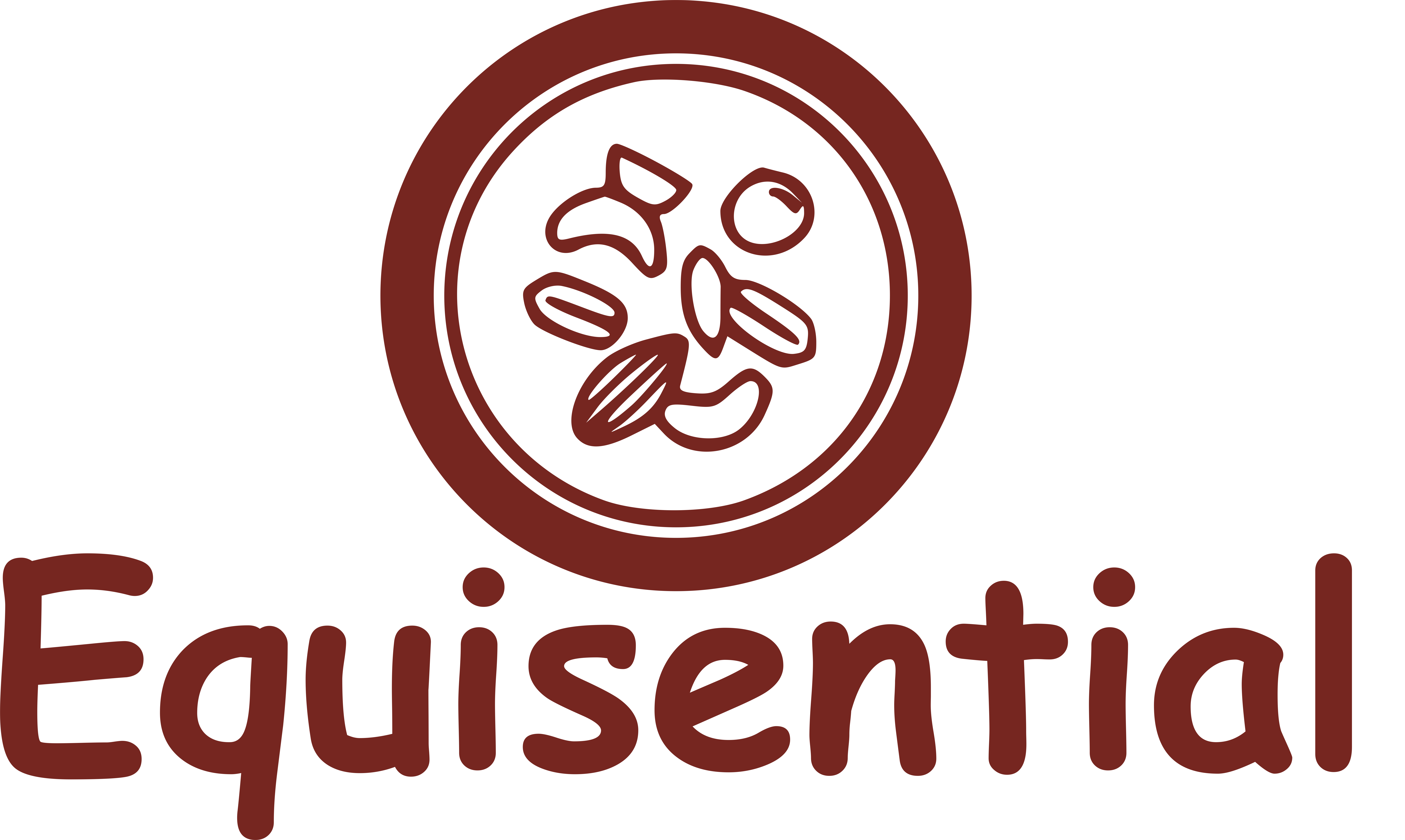






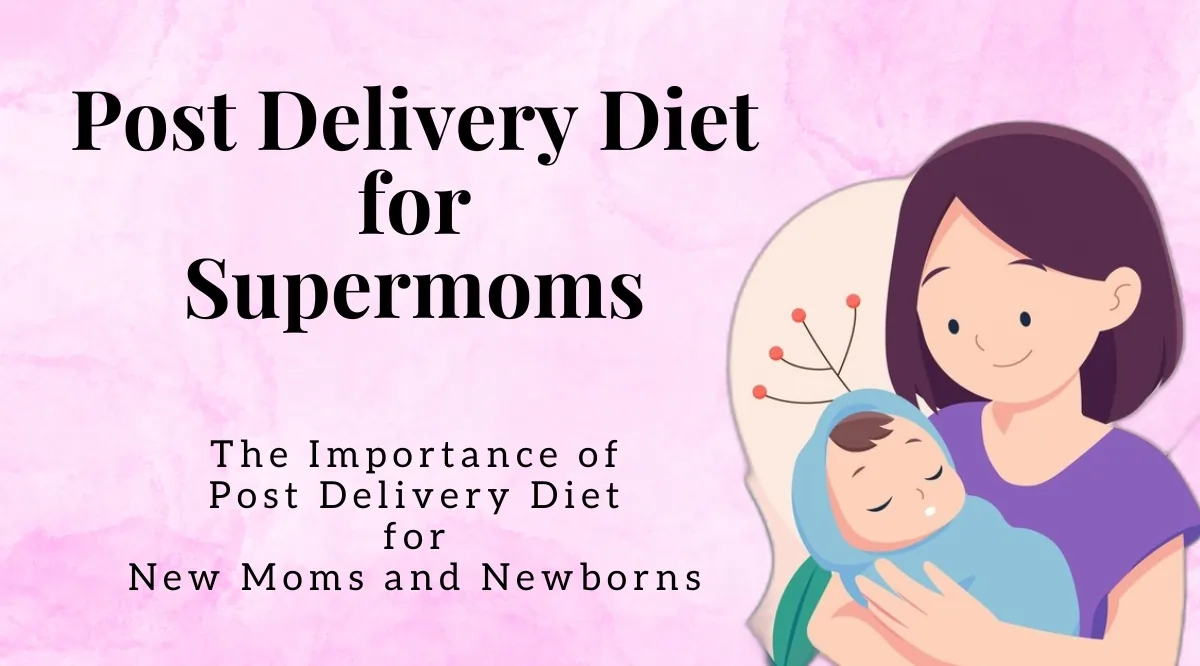
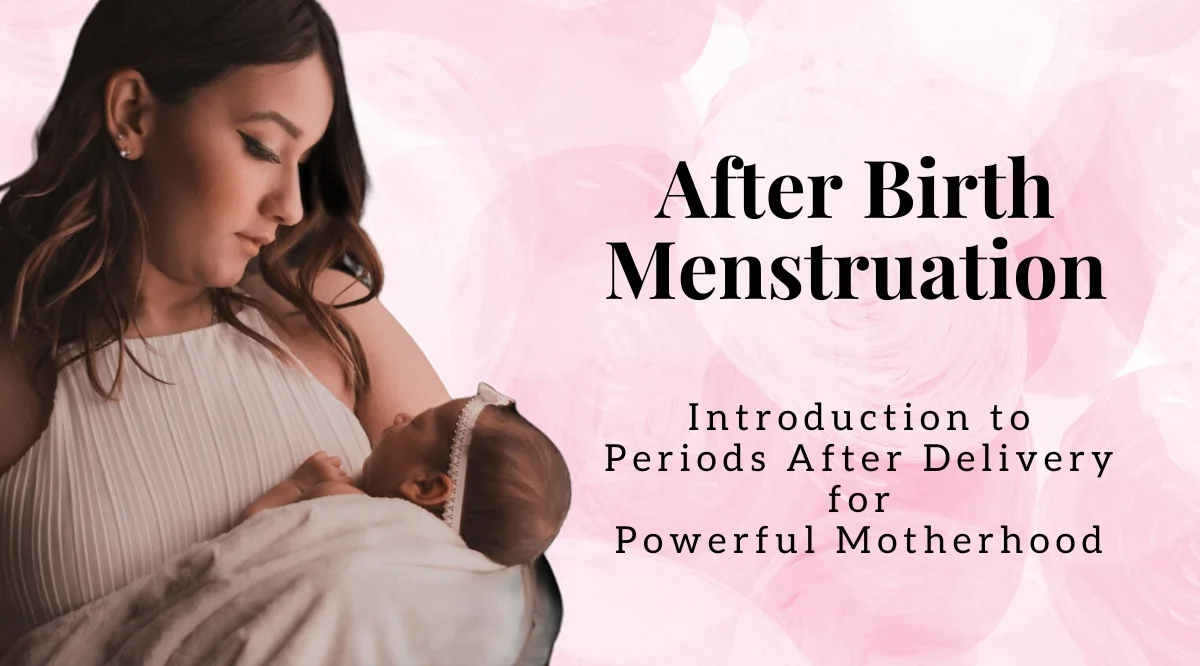

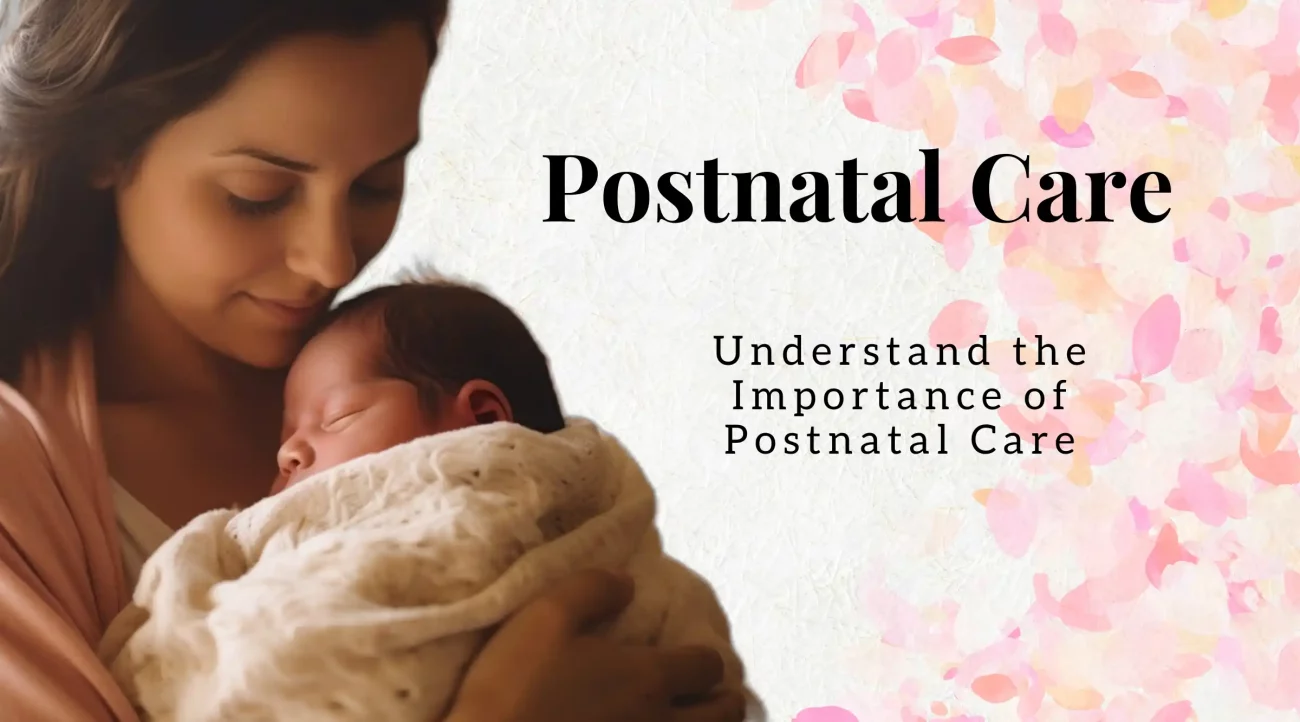

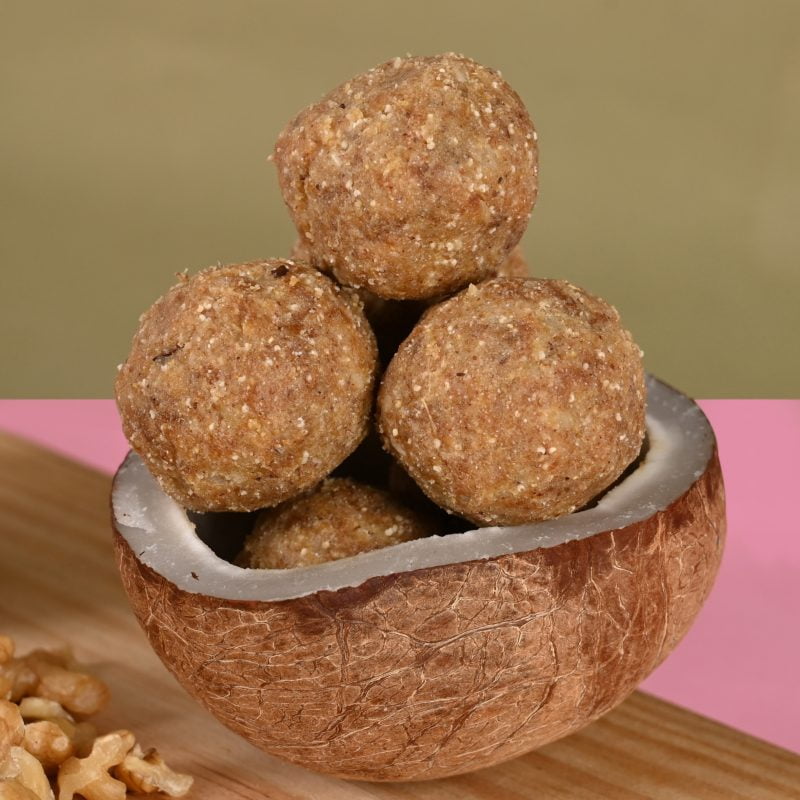





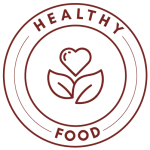






 Healthy Laddu
Healthy Laddu To Be Mom’s Care
To Be Mom’s Care Postpartum Care
Postpartum Care Cookies
Cookies Baby Food
Baby Food Combo Packs – Postpartum Laddu’s
Combo Packs – Postpartum Laddu’s

